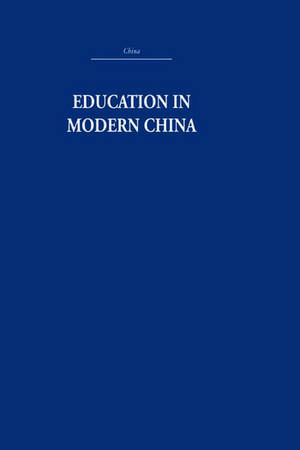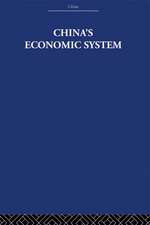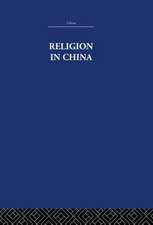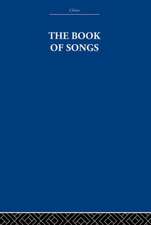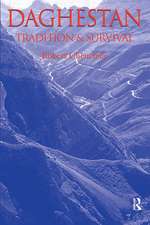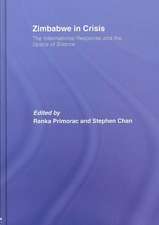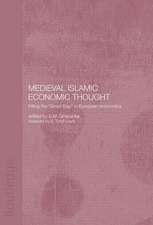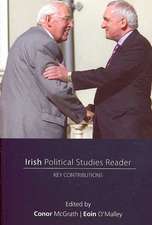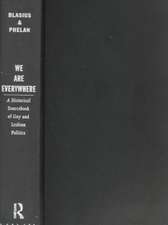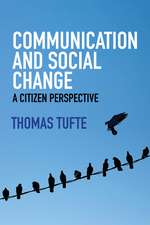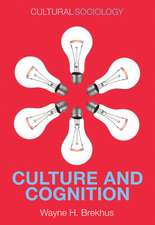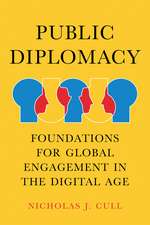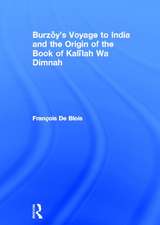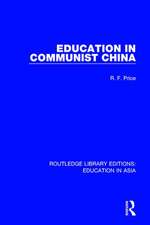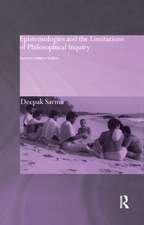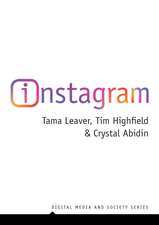Education in Modern China
Autor R. F. Priceen Limba Engleză Hardback – 4 apr 2005
This book examines the part played both by tradition and by the Cultural Revolution in the educational system of twentieth century China and explores the apparent reversal of policy which took place since the death of Mao.
The book discusses the writings of Mao on the nature of man, society and knowledge and his ideas on education. These are then seen in the context of history, philosophy and religion. Educational aims and policies are discussed, showing how factors such as language, geography, economics and the social structure created obstacles to reform.
| Toate formatele și edițiile | Preț | Express |
|---|---|---|
| Paperback (1) | 241.15 lei 6-8 săpt. | |
| Taylor & Francis – 6 feb 2018 | 241.15 lei 6-8 săpt. | |
| Hardback (1) | 1411.41 lei 6-8 săpt. | |
| Taylor & Francis – 4 apr 2005 | 1411.41 lei 6-8 săpt. |
Preț: 1411.41 lei
Preț vechi: 2218.43 lei
-36% Nou
Puncte Express: 2117
Preț estimativ în valută:
270.06€ • 283.48$ • 224.16£
270.06€ • 283.48$ • 224.16£
Carte tipărită la comandă
Livrare economică 10-24 aprilie
Preluare comenzi: 021 569.72.76
Specificații
ISBN-13: 9780415361675
ISBN-10: 0415361672
Pagini: 368
Dimensiuni: 156 x 234 mm
Greutate: 0.84 kg
Ediția:1
Editura: Taylor & Francis
Colecția Routledge
Locul publicării:Oxford, United Kingdom
ISBN-10: 0415361672
Pagini: 368
Dimensiuni: 156 x 234 mm
Greutate: 0.84 kg
Ediția:1
Editura: Taylor & Francis
Colecția Routledge
Locul publicării:Oxford, United Kingdom
Public țintă
Postgraduate and ProfessionalCuprins
1: Educational aims and the thoughts of Mao Ze-dong; 2: The Chinese tradition—background to Mao's thoughts; 3: Obstacles to educational reform; 4: The full-time schools; 5: Part-time schools and classes; 6: The teachers; 7: The moral-political educators; 8: Education and the Cultural Revolution, 1966–1969; 9: Education after Mao?
Descriere
Fist published in 1970 this re-issues the revised edition of 1979 and discusses the writings of Mao on the nature of man, society and knowledge and his ideas on education. These are then seen in the context of history, philosophy and religion.
